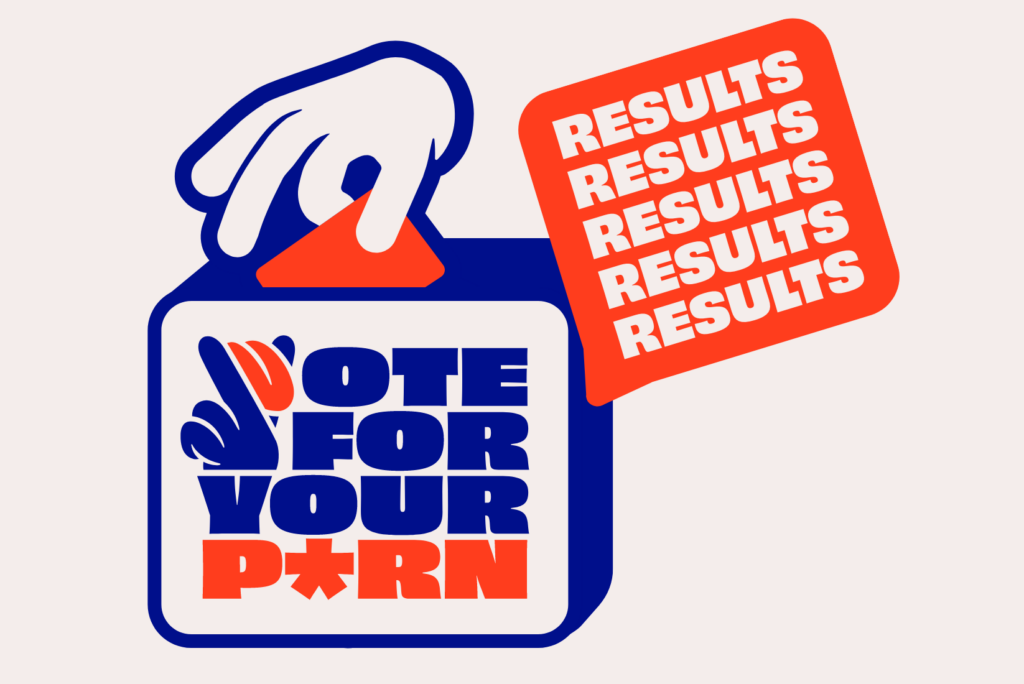Methods to control fertility and unwanted pregnancies have existed since the beginning of time. Since their introduction in the 1960s [1], oral contraceptives, or “the pill,” have skyrocketed in popularity and regularly prescribed to not only prevent pregnancy, but also to tackle various health issues, like irregular or painful periods, polycystic ovary syndrome (PCOS), endometriosis, or even acne. For many uterus havers, taking one or more types of hormonal birth control is a natural and expected part of their life course.
Despite being around for more than half a century, and perhaps due to the lack of general sex education received in our society, there is a lot of confusion and misconception about the impact of hormonal contraception on the body. So let’s look into what research has to say about that, but first, a quick overview of how hormonal birth control actually works, and all the shapes and kinds it comes in.
How does hormonal contraception work?
Very simply put, these contraceptives contain estrogen and progestin, a synthetic version of progesterone [2]. When these hormones are released in your body, they influence the process of ovulation and stop your ovaries from releasing eggs. They can also make your cervical mucus thicker, which makes it harder for sperm to reach the egg. Some contraceptives only trigger one of these reactions, but others do both [3].
In comparison, non-hormonal contraception does not influence the hormonal makeup of your body. Such contraception techniques are condoms, cervical caps, diaphragms, sponges, or full sterilization.
Types of hormonal contraception
Oral contraceptives / pills
Perhaps the most well-known and most prescribed, birth control pills come in two main types:
COC – Cycle Combination Oral Contraceptive, which contains both progestin and estrogen
POP – Progestin-only Pill, sometimes called the mini pill, which does not contain estrogen
Injections
Administered every three months, progestin depot medroxyprogesterone acetate is injected into your arm or buttocks. It is important to get the shot regularly as its effects wear off within 12-14 weeks.
Implants
Effective for three years, the implant is a small, thin rod that is inserted under the skin of your upper arm. It contains progestin only.
Intrauterine devices / IUDs
The longest acting form of hormonal birth control — it can be effective from three to seven years, the IUD is a small T-shaped plastic implant which is placed inside of your uterus. While it’s very reliable and long-lasting, many people report pain and discomfort during insertion or removal, or increase in period pain and flow. An IUD can also be non-hormonal.
Skin patches
Looking like a regular square-shaped band aid, a skin patch is placed on the skin (usually the buttocks, arm, abdomen, or torso) for three weeks, during which it delivers estrogen and progesterone through the skin. It is followed by one week of wearing no patch, during which you have your regular period.
Vaginal rings
Estrogen and progesterone is delivered through a plastic ring that is placed in the vagina for three weeks. Its main advantage is that it can be removed for up to three hours without its efficacy getting compromised.
Effects on the Body and Mind
Changes in menstruating
Many people choose to take hormonal birth control not only as a means to prevent unwanted pregnancies, but as a way to regulate their menstrual cycle. Because of the release of estrogen and progestin, the menstrual cycle is affected, and can be regulated by the choice of specific birth control type.
Since there is no uterine lining to shed (which happens in regular periods) because of hormonal birth control, what you experience during the week without a vaginal ring or a skin patch, or when taking pills that contain no hormones, is called withdrawal bleeding, and usually tends to be lighter and less painful. With IUDs or injections, your period might stop altogether for the duration of you using the contraceptive.
Research has also shown that it is safe to use hormonal birth control for continuous menstruation suppression [4], which is easily reversible once birth control is no longer taken. People with various health issues as well as trans and gender non-conforming people with body dysphoria benefit from such menstrual suppression.
Return to fertility
Once you stop taking hormonal birth control, you will gradually return to fertility — however, the time of fertility restoration differs based on the type of contraception. For example, the fastest return to fertility is with IUDs and implants (only two menstrual cycles). With oral contraceptives, whether COC or POP, and vaginal rings, the restoration lasts a few months. The longest period is with the injections, which can be up to eight months [5]. Research shows that most people will become pregnant within 12 months after they stop taking hormonal contraceptives [6].
Side effects
Side effects to hormonal birth control differ based on the type of contraception you use. However, research shows that most side effects are mild and usually disappear with continued use, or after switching to another type of birth control [7].
The most common side effects, regardless of the contraceptive type, are nausea, headaches, breast discomfort, vaginal discharge, changes in libido, irregular bleeding, or cramping in the abdomen. With IUDs, there is a risk of getting a pelvic infection after insertion, however, it is rare.
Long term effects
The very first birth control pills of the 1960s were much stronger in the hormonal doses, and thus often caused cardiovascular complications like high blood pressure, blood clots, strokes, or heart attacks. However, the pills of today are much safer and pose very little long term risks for healthy people who don’t smoke (8). Usually, risks of already pre-existing illnesses and conditions get increased by hormonal birth control.
Yet, there is still an increased risk of cardiovascular issues when taking hormonal contraceptives, however research shows that the risk is in fact lower than during pregnancy or after giving birth [8]. Furthermore, while the risk is higher than in people who don’t take birth control, it is still very low.
Many people are afraid of weight changes due to birth control use. Most research discovered that the majority of people report very minimal or no change, and that only injections had a tendency to increase people’s weight [9]. Similarly, changes in libido are fairly rare, according to science.
When it comes to hormonal contraception’s effects on mental health, research is very mixed. Whilst some researchers discovered that cis women on hormonal contraceptives were more likely prescribed antidepressants [10], others have cited birth control’s positive effects on conditions like PMS, PMDD (premenstrual dysphoric disorder), or clinical depression [11].
Other long term effects of hormonal birth control generally depend on the type of contraceptive you use. For example, long term use of injections might lead to bone density loss, however, it can be reversed [3]. POP pills may cause negative skin issues, however, COCs are known to improve them. Also, oral contraceptives of both types can increase hypertension [12] or risk of breast cancer, when taken long term.
Sources
[1] https://www.ourbodiesourselves.org/health-info/a-brief-history-of-birth-control/
[2] Centers for Disease Control and Prevention. (2016). Reversible methods of birth control. Retrieved on November 29, 2016 from https://www.cdc.gov/reproductivehealth/contraception/
[3] Hatcher RA, Trussell J, Nelson A, Cates W, Kowal D, Policar M. Contraceptive technology. 20th ed. Ardent Media; 2012.
[4] https://www.contraceptionjournal.org/article/S0010-7824(09)00297-2/fulltext
[5] Yland J J, Bresnick K A, Hatch E E, Wesselink A K, Mikkelsen E M, Rothman K J et al. Pregravid contraceptive use and fecundability: prospective cohort study BMJ 2020; 371 :m3966 doi:10.1136/bmj.m3966
[6] https://contraceptionmedicine.biomedcentral.com/counter/pdf/10.1186/s40834-018-0064-y.pdf
[7] Cooper DB, Patel P, Mahdy H. Oral Contraceptive Pills. [Updated 2022 Nov 24]. In: StatPearls [Internet]. Treasure Island (FL): StatPearls Publishing; 2022 Jan-. Available from: https://www.ncbi.nlm.nih.gov/books/NBK430882/
[8] https://www.uptodate.com/contents/hormonal-methods-of-birth-control-beyond-the-basics#H5
[9] Barr, N. G. (2010). Managing adverse effects of hormonal contraceptives. American Family Physician, 82(12).
[10] Skovlund, C. W., Mørch, L. S., Kessing, L. V., & Lidegaard, Ø. (2016). Association of hormonal contraception with depression. JAMA Psychiatry, 73(11), 1154–1162.
[11] Poromaa, I. S., & Segebladh, B. (2012). Adverse mood symptoms with oral contraceptives. Acta Obstetricia et Gynecologica Scandinavica, 91(4), 420–427.
[12] https://www.ncbi.nlm.nih.gov/books/NBK430882/








